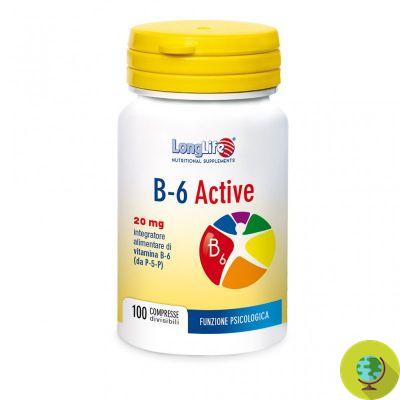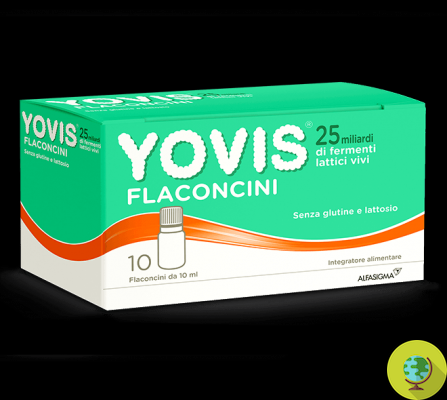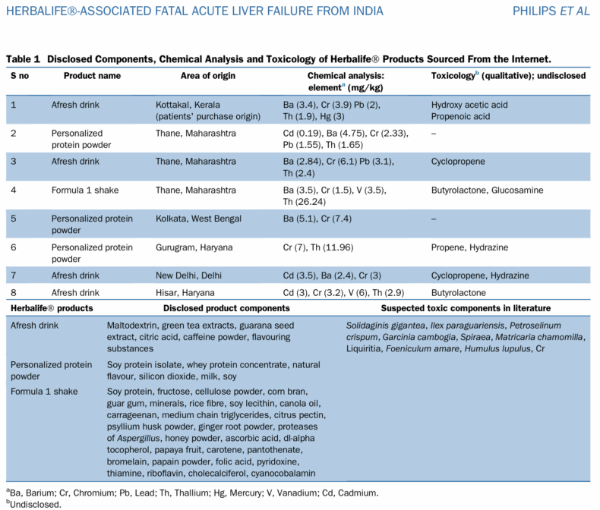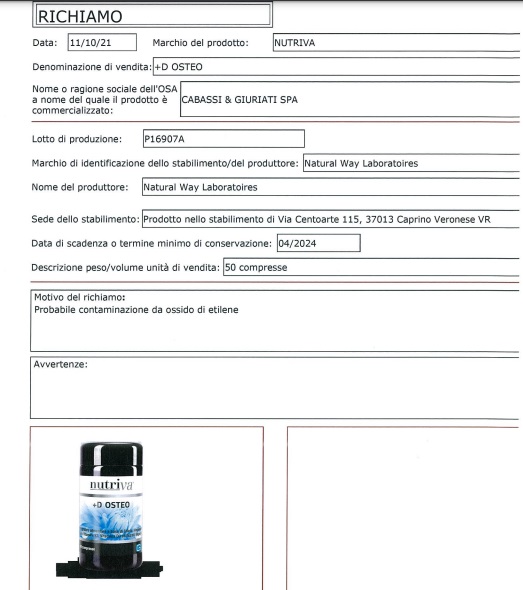
Omega 3 fatty acids are essential for health. You can also get them through fish oil. But what is there to know?
Don't store avocado like this: it's dangerousOmega 3 fatty acids are essential for the health of our body. It is also possible to get them through the well-known fish oil. But what do you need to know?
Indispensable for the correct functioning of the organism, for the protection of the circulatory system and for the prevention of cardiovascular diseases, Omega-3 they are, correctly balanced with Omega 6, essential in any type of diet. They are defined as "essential" because our body is unable to synthesize them, but it needs to be introduced with food.
Many use thefish oil, an oil rich in polyunsaturated fatty acids obtained from fatty fish such as sardines, mackerel and salmon. The The best sources of Omega-3 are in fact oily fish but, be careful, if you follow a vegan diet, Omega 3 can be obtained through nuts and oil seeds, such as flaxseed and Chia seeds.
Read also: Omega 3 and Omega 6: fatty acids at the basis of human intelligence
But the question is, if I take supplements, what do I need to know?
Index
What are Omega-3 fatty acids?
there three main types of dietary Omega-3s: alpha-linolenic acid (ALA), eicosapentaenoic acid (EPA) and docosahexaenoic acid (DHA). While ALA is a short-chain Omega-3 fatty acid, the other two are long-chain Omega-3 fatty acids.
You can only get ALA through diet, by eating Chia seeds, hemp seeds or flax seeds and walnuts - the body converts ALA into EPA and DPA, which have the greatest health benefits. In fact, EPA is thought to play a role in heart health, while DHA is an important component of the brain's gray matter and is found in the retina and cell membranes.
Since DHA plays an important role in brain and eye health, especially during the growth and development stages, it is especially important to have enough of it during pregnancy, breastfeeding and childhood. In fact, research shows that Omega-3 intake during pregnancy helps reduce the risk of premature birth and babies with low birth weight. (Read also: Not just fish: the 5 plant sources of Omega 3)
What is fish oil and its benefits
It is an oil full of acids polyunsaturated fats obtained from fatty fish such as sardines, mackerel and salmon. The final product is a source of long-chain Omega-3 fatty acids, substances that are considered essential for the proper functioning of the metabolism.
The benefits attributed to fish oil depend precisely on the content in Omega 3 fats from properties:
- inflammatory
- painkillers
- anticoagulants
In particular, fish oil supplements are used to reduce blood triglyceride levels, the risk of cardiovascular disease and weight loss associated with anticancer therapies and also to prevent hypertension and kidney damage from cyclosporine treatments. But its benefits also concern various problems, ranging from osteoporosis to dysmenorrhea, through psychiatric problems and liver cirrhosis.
Fish oil can be taken orally in the form of supplements. EFSA provides precise indications regarding recruitment:
- to maintain normal blood pressure, they need to provide 3 grams of EPA + DHA per day
- to keep the triglycerides in the norm it is necessary that they supply 2 grams of EPA + DHA per day
- to promote the proper functioning of the heart it is necessary that they provide 250 mg of EPA + DHA per day
Furthermore, EFSA recommends not taking doses of EPA + DHA greater than 5 grams per day with supplements.
When can't fish oil be taken? Experts recommend staying away from fish oil if you have allergies to its components. Furthermore, if you are expecting a baby, if you are breastfeeding or if you suffer from specific diseases, it is always better to consult your doctor.
The side effects of taking too much fish oil
That said, there are some potential side effects that can result from consuming high amounts of fish oil, most notably:
Stomach problems
Although research suggests that a very small percentage of people (just around 1%) experience digestive upset after taking fish oil, it is a potential side effect that those with sensitive stomachs might notice. This could be simply due to the fact that fish oil is oily and that some people have difficulty digesting.
Fat can relax the lower esophageal sphincter [a set of muscles in the lower esophagus near the entrance to the stomach] and promote acid reflux or slow the flow of digestion, says dietician Isa Kujawski.
Problems with clotting
If you have a bleeding disorder or are already taking medications classified as anticoagulantsIt is best to speak to your doctor as a precaution before taking any supplements, including Omega-3 fish oil supplements, as they can have a blood-thinning effect. But this would only happen at extremely high doses. According to one study, 10 milligrams of EPA plus DHA per day (which is 10 grams) are safe.
Blood sugar changes
In this case, the opinions of the experts are conflicting. Some research suggests that very high doses of Omega-3s can affect blood sugar in some people. Others, on the other hand, claim the ability of Omega-3s to improve insulin sensitivity.
Those who suffer from hypoglycemia cannot help but listen to the advice of their doctor.
Too much vitamin A
While not a problem for the vast majority of fish oil options (ie in gelcaps or softgels), "high doses of some omega-3 sources such as cod liver oil also contain high amounts of vitamin A", explains Kujawski.
One teaspoon of cod liver oil, he says, contains 4.500 IU of vitamin A, so if you take multiple teaspoons a day (which some people might do), you could exceed the recommended maximum (i.e., higher intake level). tolerable) of 10 thousand IU for vitamin A. Some signs of too much vitamin A can include dizziness, nausea, or even joint discomfort.
Low blood pressure
While the impact of fish oil supplements on blood pressure is exactly what makes them attractive to some people, this may not apply to those taking their own blood pressure medications or who already have low blood pressure.
Difficulty sleeping
Research is rather limited here, with only individual case studies (i.e. a person) suggesting a link between high-dose omega-3 intake (specifically a high-dose EPA supplement in this singular case) and problems with sleep. So more scientific investigation is needed to better understand any potential relationship between high amounts of Omega-3s and sleep.
Follow your Telegram | Instagram | Facebook | TikTok | Youtube
Read also:
- Why people at risk of heart disease should avoid Omega 3 supplements
- Supplements, when they are really needed and the mistakes not to be made
- Omega 3s extend the life of the elderly
- Depression: you fight at the table with Omega 3, but only if you are a woman
- Omega 3 and Omega 6: fatty acids at the basis of human intelligence
- Organic milk richer in Omega 3 than traditional milk
- Omega-3 supplements strengthen our immune system: the foods that contain them


























